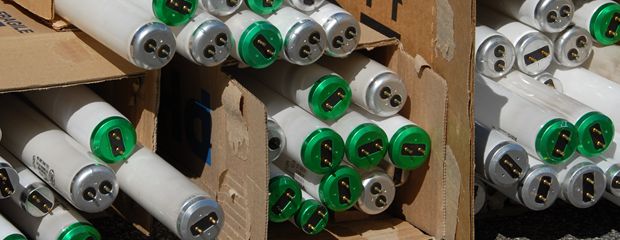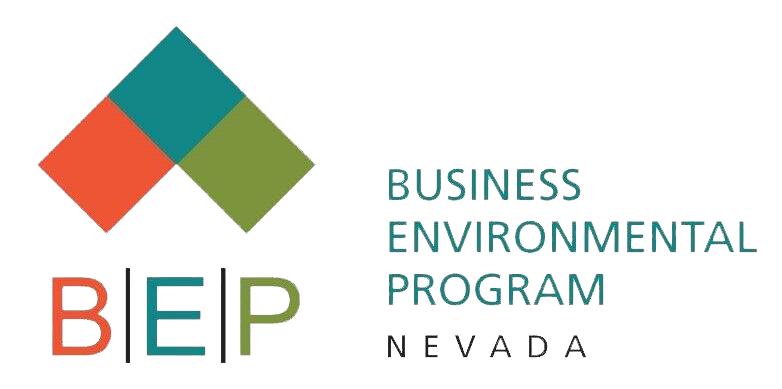
In an effort to ease management of common wastes that are potentially hazardous, the US EPA established the universal waste program. This program streamlines federal government regulations for certain wastes generated by large numbers of businesses in relatively small quantities.
In Nevada, the state recognizes this program for the following wastes:
- Aerosol cans
- Batteries such as lead acid batteries, nickel-cadmium batteries, and lithium-ion batteries found in many electronic products
- Pesticides
- Fluorescent and neon lamps, mercury vapor, sodium, and HID lamps
- Mercury-containing equipment including thermostats, thermometers, and other devices
The intent of the program is to encourage recycling of these types of common wastes while reducing the regulatory burden on businesses and to reduce the quantity of hazardous wastes that end up in municipal landfills.
Wastes recycled as a part of the universal waste management program are not counted towards a generator’s monthly hazardous waste generation if you follow all the rules and requirements for managing these waste streams. Businesses that generate universal waste are known as Small Quantity Handlers of universal waste (NOT small quantity generators).
Some of the rules include:
- Accumulation of less than 11,000 lbs. (5,000 kg) at any time
- Compatible closed containers for the waste
- Proper labeling is required
- Start date of accumulation
- Marked with the words Universal Waste and the type of waste contained, e.g., UNIVERSAL WASTE – BATTERIES
- 1 year storage limit from the start date
- Employee training is required
- Train employees on proper handling and emergency procedures appropriate to the type(s) of universal waste handled at the facility. (§273.16)
- No EPA ID Number is required
- No manifesting or paperwork retention requirements
- As a best management practice, you should keep documentation for 3 years.
If your universal waste items break or leak, they are no longer universal wastes. You must determine if the items are now hazardous waste. It is very important to manage, store, and recycle your universal wastes to keep these items out of your hazardous waste streams.
Have questions on what is considered universal waste in Nevada and how to manage it properly? Contact us and we can assist you!
